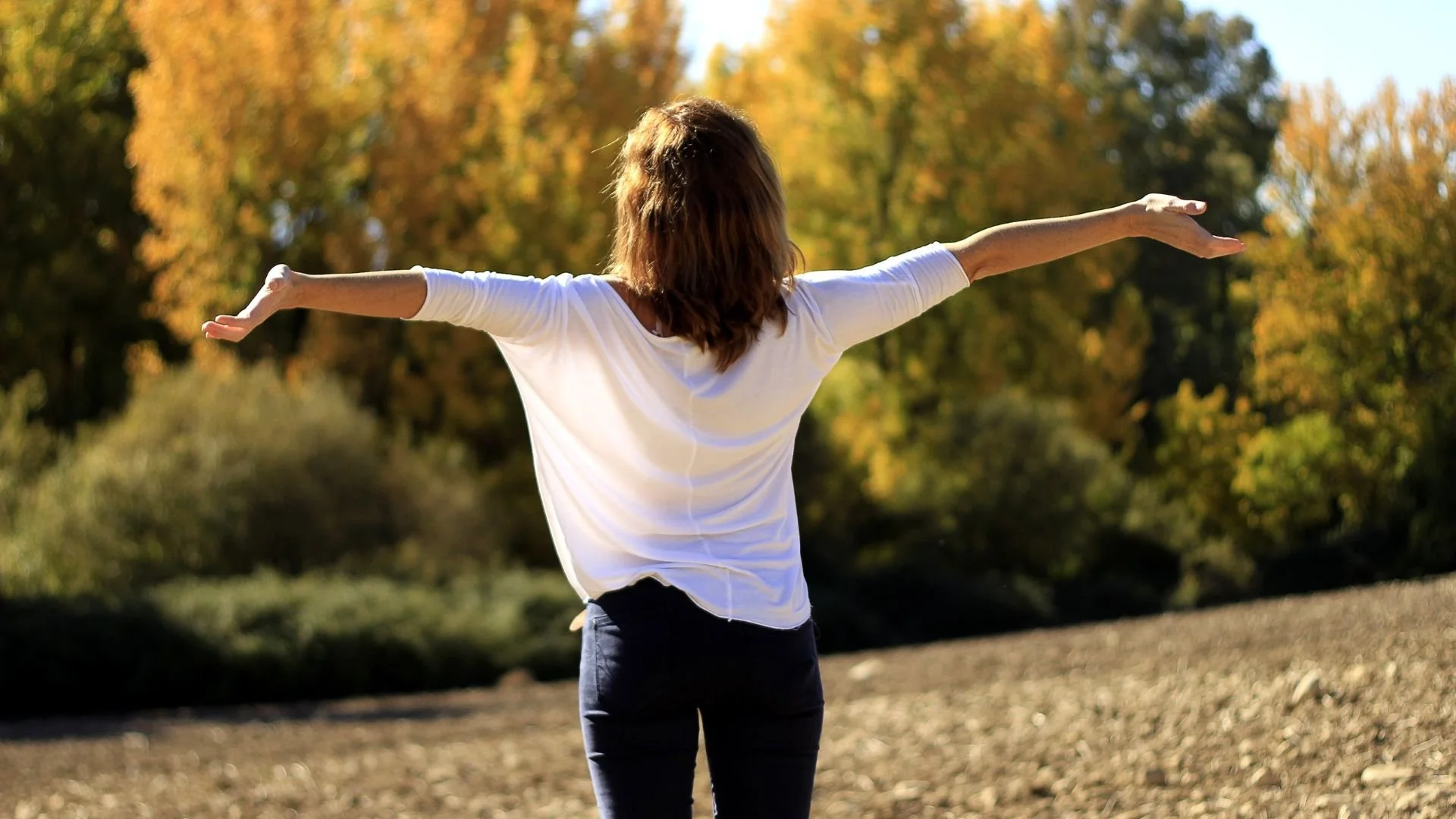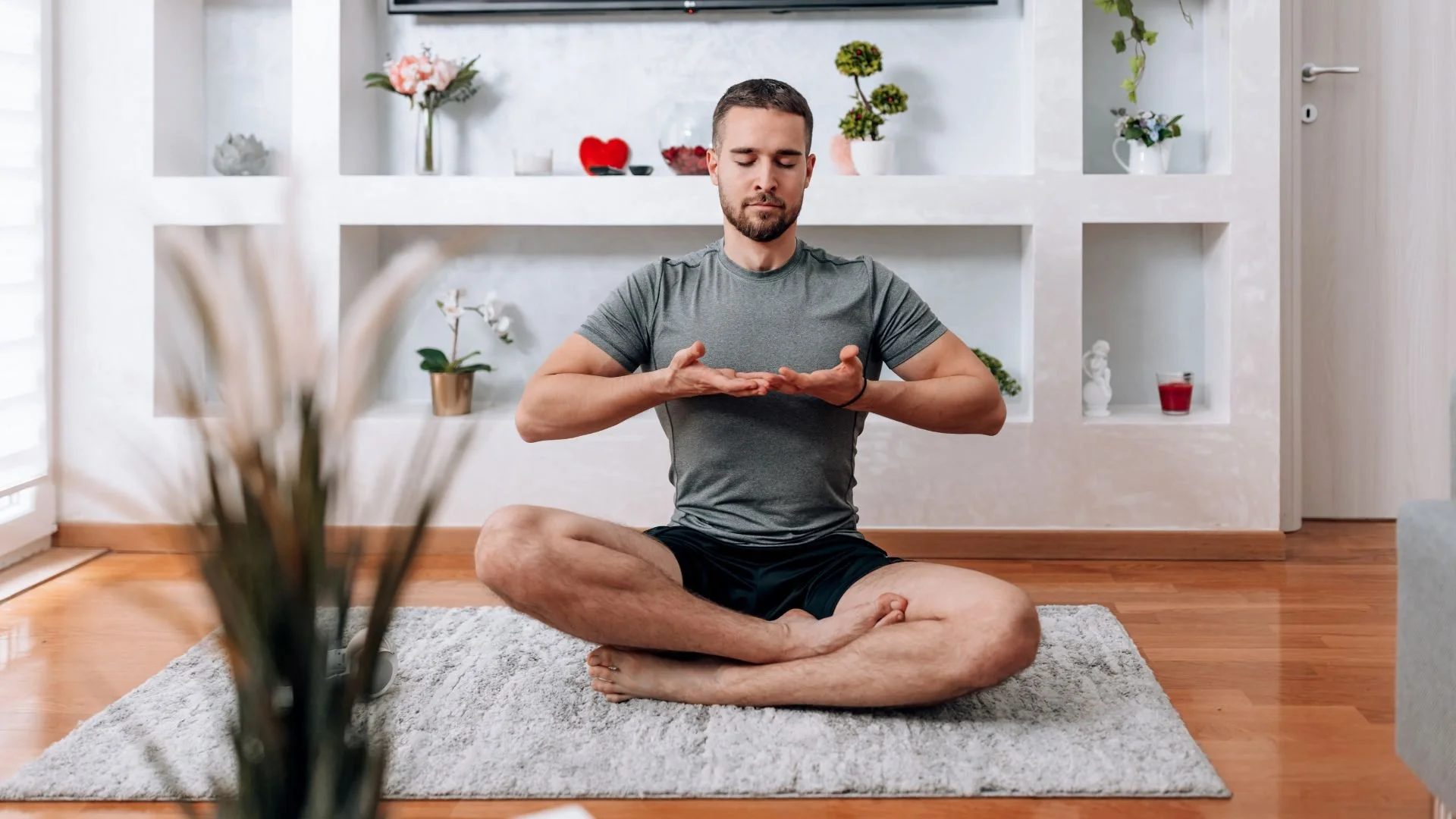Coping Skills for Anxiety That Actually Work (Even on the Tough Days)
Let’s be honest, anxiety often shows up uninvited and overstays its welcome. When anxiety feels overwhelming, especially on those tough days, the usual advice to “just relax” can fall flat. But the truth is, there are effective coping skills that can help you manage your anxiety symptoms, even when your mind is racing and your body is tense.
In this article, we’ll walk through:
How to manage anxiety without medication
How to deal with crippling anxiety in the moment
A practical anxiety coping skills list you can actually use
How therapy can help reduce anxiety long-term
If you’re looking for useful coping techniques that go beyond surface-level tips and want support that meets you where you are, you’re in the right place. Let’s find what helps you feel better, one step at a time.
What Anxiety Really Feels Like: Naming the Experience
Anxiety is a normal human reaction, but when it starts taking over your days (and nights), it’s more than just stress. Generalized anxiety disorder, social anxiety, or even just a stretch of high pressure can show up in ways that feel confusing, overwhelming, and hard to explain.
You might experience anxiety as:
A racing heart or chest tightness
Restlessness or muscle tension
Trouble focusing or sleeping
Spiraling thoughts that won’t quiet down
Feeling unsafe or on edge for no clear reason
These are common symptoms of anxiety, and you’re not imagining them. Your nervous system is doing its best to protect you, even when it overshoots.
What are 5 ways to cope with anxiety?
- Deep breathing to regulate your nervous system
- Progressive muscle relaxation to release tension
- Mindfulness to stay present without judgment
- Gentle movement, like walking or stretching
- Self-talk that reassures instead of criticizes
How to Manage Anxiety Without Medication
Let’s start here: medication is a helpful tool for many people. But it’s not the only tool. If you’re looking for ways to manage anxiety symptoms naturally, without judgment or pressure, you have options.
There are many techniques for coping with anxiety that don’t require medication. For some folks, making a few intentional lifestyle shifts can significantly ease anxiety and improve daily functioning.
Some research-backed ways to help manage anxiety without medication include:
Working with a mental health professional trained in evidence-based therapies (like CBT or ACT)
Getting regular physical activity, which can help calm your nervous system and reduce symptoms in the moment
Building a toolbox of coping skills to help during anxious spikes: meditation, breathing exercises, grounding techniques, journaling, etc.
Joining a support group to feel less alone in your experience
Creating space for rest and connection to manage stress and reduce feelings of anxiety
Therapy and lifestyle shifts can be just as effective as medication, especially for those with mild to moderate anxiety. And for some, a mix of approaches works best.
How to Deal with Crippling Anxiety (When It Feels Like Too Much)
Crippling anxiety isn’t just feeling nervous. It’s when your heart pounds, your thoughts race, and it feels impossible to function. It might look like canceling plans, avoiding people, or freezing up before work, even though nothing specific seems wrong.
If that sounds familiar, you're not alone. Nearly one in three adults in the U.S. will experience an anxiety disorder at some point.
When the immediate feelings of anxiety become too much, the goal isn’t to fix everything. It’s to ground yourself, just enough to take the next small step. These tips for coping are simple but surprisingly effective:
Splash cold water on your face – This activates the dive reflex, which may help calm elevated anxiety by lowering your heart rate.
Name five things you see in the room – A sensory reset can bring you back to the present moment.
Pick one small, doable action – Fold a towel, drink water, text a friend. Doing something helps break the freeze.
In moments of severe anxiety, shrink the goal. You don’t need to fix your whole life; you just need to support your nervous system right now. There’s no shame in needing support. You’re not weak, you’re human. And there are ways to reduce anxiety that can meet you right where you are.
How can I cope with anxiety in the moment?
To manage anxiety immediately, try grounding techniques like naming 5 things you see, splashing cold water on your face, or focusing on your breath.
Anxiety Coping Skills List: Small Skills That Make a Big Difference
If you’re dealing with anxiety regularly, you don’t need a 10-step plan. You need small, realistic ways to feel grounded in the moment. These coping skills are approachable, flexible, and backed by research. They’re not about “fixing” anxiety; they’re about helping you feel a little steadier, even when life gets bumpy.
Coping Skill #1: Deep Breathing That Calms the Nervous System
Intentional breathing can help ease anxiety by slowing the heart rate and shifting your body out of fight-or-flight. Try:
Box breathing (inhale, hold, exhale, hold - 4 seconds each)
4-7-8 breathing (inhale for 4, hold for 7, exhale for 8)
These simple methods may help reduce anxiety immediately, according to multiple studies.
Coping Skill #2: Progressive Muscle Relaxation (PMR)
Tensing and releasing your muscles helps interrupt the anxiety and stress cycle in the body.
Try this: “Squeeze your shoulders up toward your ears. Hold. Now slowly release. Notice the difference.”
Coping Skill #3: Mindfulness You Can Actually Use
You don’t have to clear your mind, just become aware of the present moment.
Name 3 sounds you hear
Notice the feel of water on your hands
Count steps as you walk
These grounding tools are especially helpful for social anxiety disorder and excessive anxiety.
Coping Skill #4: Move to Cope
Gentle movement like stretching, walking, or dancing may be helpful in reducing increased anxiety and tension. Movement is a proven strategy to lower anxiety and boost mood.
Coping Skill #5: Self-Talk That Soothes Instead of Spirals
Your thoughts shape your experience. Try reframes like:
“This is uncomfortable, not dangerous.”
“I’ve felt this before, and I’ve made it through.”
Compassionate self-talk can reduce anxiety by helping regulate your nervous system, not by criticizing yourself.
What are the best tips for coping with social anxiety?
If you’re navigating social anxiety, small, consistent steps like planning ahead, focusing on one person at a time, and using mindfulness techniques can make a big difference.
Your Personal Anxiety Coping Toolkit: Build What Works for You
There’s no one-size-fits-all approach to anxiety management, and that’s okay. What helps one person calm their anxiety might feel totally off for someone else. That’s why I often encourage clients to build a personal coping toolkit filled with things that actually work for you.
Some helpful tips for creating yours:
Keep it visible – a small box, a phone note, a sticky on your mirror
Keep it simple – 3–5 tools you can reach for in the moment
Keep it kind – no shame if some tools don’t stick
Your toolkit might include deep breathing, music, movement, or even just stepping outside for a moment. The key is to experiment and notice what actually helps ease anxiety without judgment.
Research shows that practicing personalized coping strategies regularly can help people manage anxiety effectively, especially when used alongside professional care.
Ready to Go Deeper? The Right Anxiety Treatment Can Help
Sometimes, despite your best efforts, anxiety may still feel heavy, like something you just can’t shake alone. That’s where therapy comes in.
At Kyle Linnemann Counseling, you’ll find compassionate, evidence-based anxiety treatment rooted in a real, human connection. We’ll work together to explore what’s underneath your anxiety, gently challenge unhelpful patterns, and build tools that fit your life.
Therapy doesn’t mean something’s wrong with you. It’s a powerful way to reduce anxiety, especially when it starts affecting sleep, relationships, or daily routines. If you're curious about how we can work together, you’re welcome to reach out.


